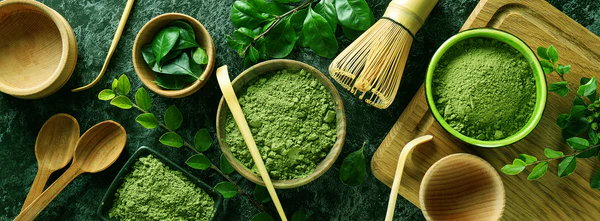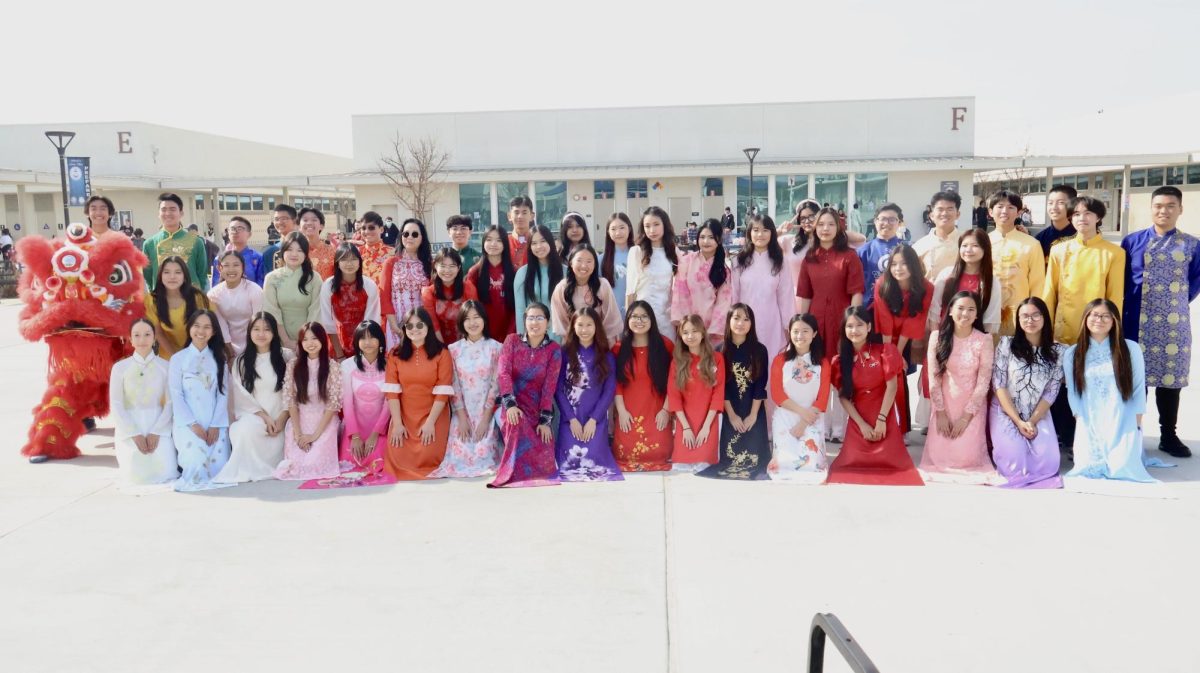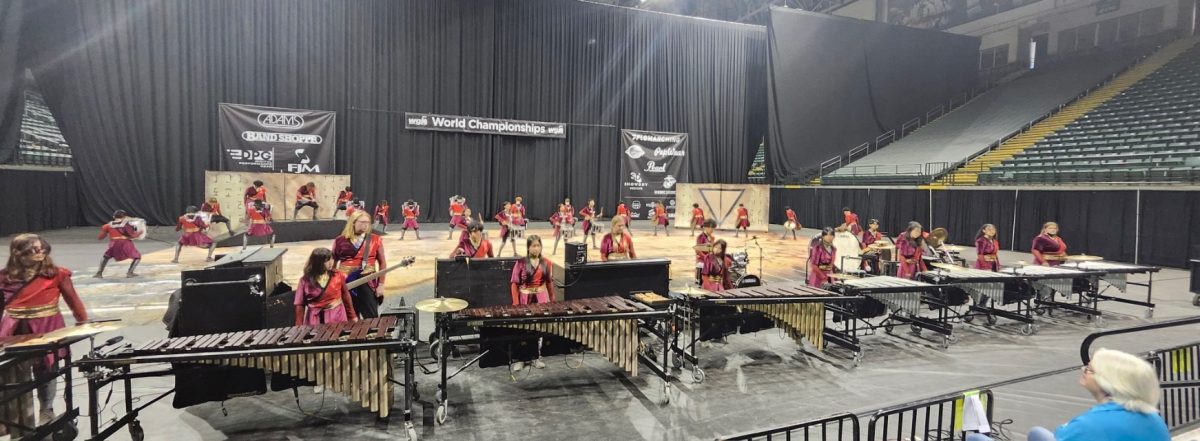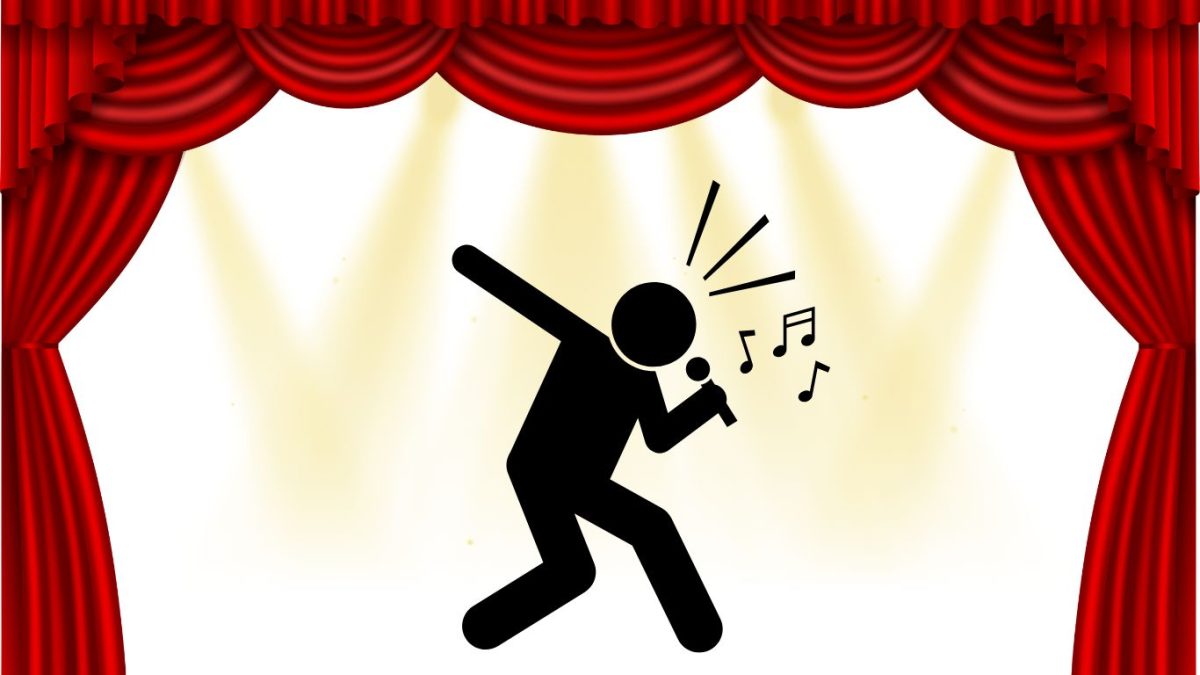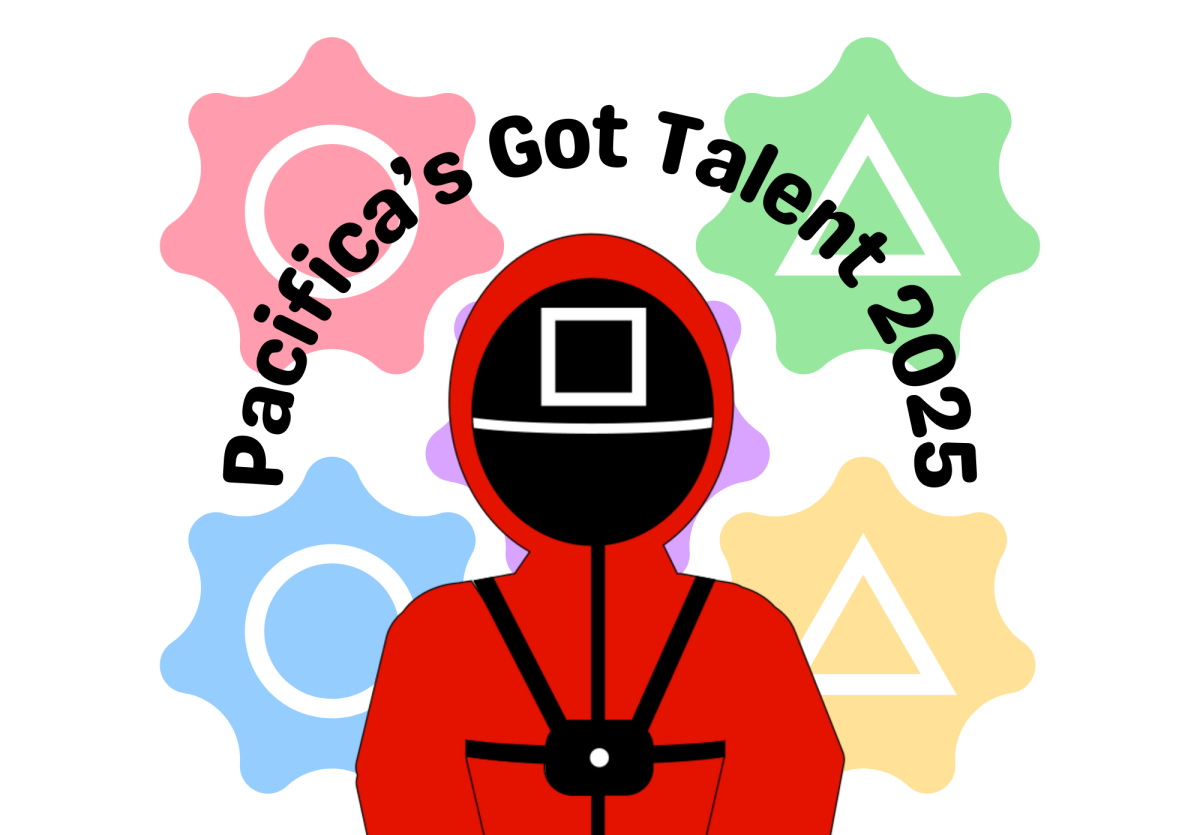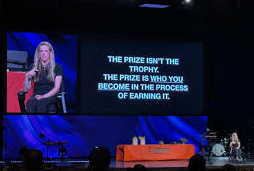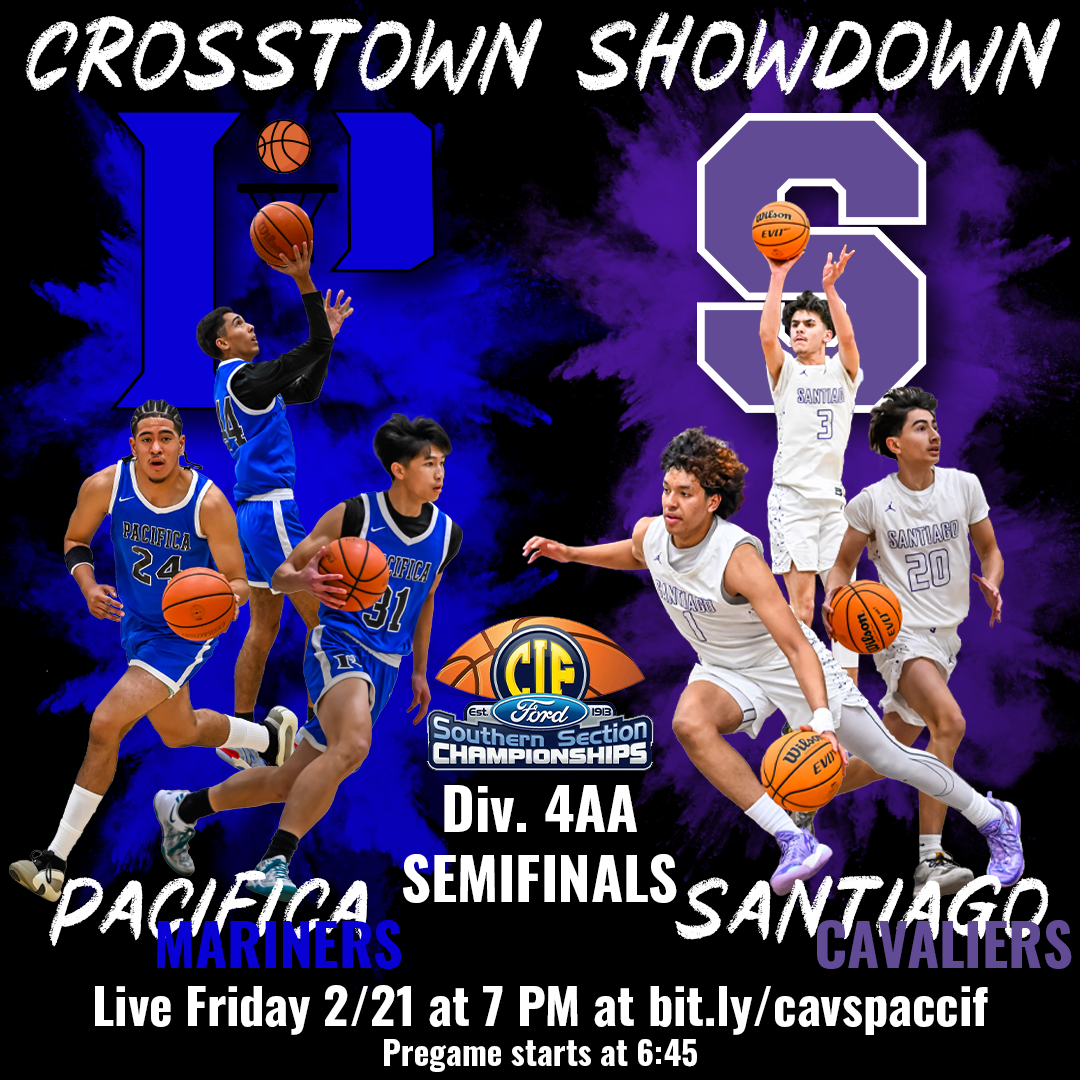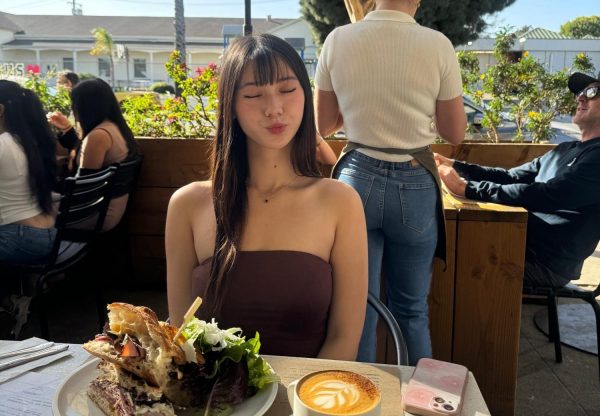Matcha has been a traditional drink for centuries, originating in Japan. However, in recent years, matcha has become extremely popular among younger generations. If you’ve spent any time on social media in the past year, you have likely seen influencers promoting matcha lattes, matcha flavored desserts, and even embracing it as a “healthy” lifestyle. However, like many viral food trends that have quickly faded away from social media such as tanghulu, Dalgona coffee, or hwachae, is matcha just another typical food trend, or is it here to stay?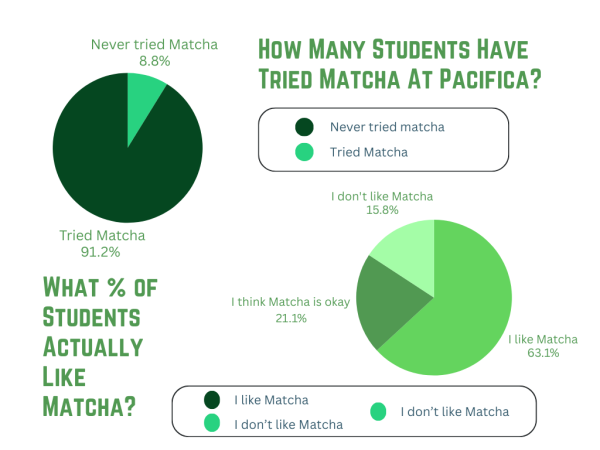
With many Pacifica students being aware of the recent matcha trend, what better way than to survey students on how they feel about matcha? According to a recently collected survey of more than 150 students, over 90% of students have tried matcha at least once, and more than 60% of them say that they enjoy it. From this, it is clear that matcha has become a significant presence on campus, with many students often being seen bringing their matcha drinks to class, purchased before the school day begins. However, matcha’s price may be a barrier for some. With one drink costing $7 dollars on average, not even accounting for the quality and special modifications, price can be an expensive obstacle for many students. In fact, about 54% of surveyed students agree that matcha is more expensive than it should be. Despite this, the majority of students continue to drink matcha regularly at their favorite cafes, oftentimes, on a weekly basis. When asking students about their favorite spots to grab a cup of matcha, the most popular mentions were consistently Airoma, Céd, Da Vien, and even Starbucks. It’s interesting how Starbucks was once primarily a franchise only for coffee, but recently started adding matcha items to their menu to cater to the growing demand. However, while many students continue to purchase their matcha on a frequent basis, how long will it be before the trend dies out?

While many argue that matcha is not just a fad, about a third of students believe matcha is simply not worth the hype compared to the way it is presented on social media. Some think that the trend will soon die out and be replaced by other popular food trends. However, what makes matcha quite different is how many people believe in matcha’s health benefits, but also its unique taste that cannot be replaced by any other popular food sensation.
Overall, while it is impossible to predict the future of matcha, the surveys and current popular belief among Gen-Z suggest that matcha is likely here to stay. It may have started as a social media sensation, but it has evolved into a favorite beverage that might end up being an equal competitor to coffee.
